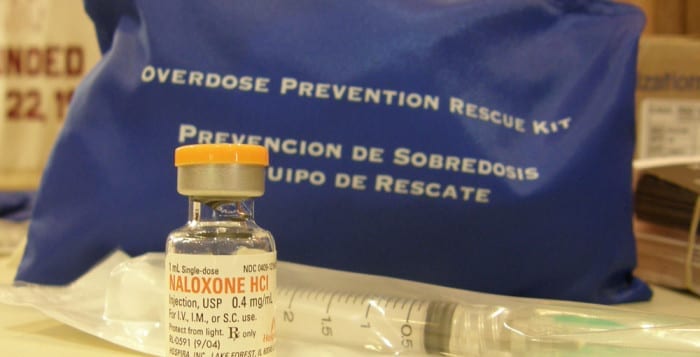New drug abuse law aimed at treatment, prevention
“[CARA] is the culmination of so many families that had to lose loved ones over the last several years.” —Steve Chassman
Help is on the way, as President Barack Obama (D) signed a multibillion dollar bill into law this week that takes aim at the growing drug abuse problem facing many North Shore residents and families.
The Comprehensive Addiction and Recovery Act of 2016 is an $8.3 billion plan to fight drug addiction in the United States, with a significant amount of funding for prevention and treatment.
Obama said in a statement last Friday though, that he feels the bill could have gone further with funding for prevention.
“This legislation includes some modest steps to address the opioid epidemic,” he said. “Given the scope of this crisis, some action is better than none.” However, Obama was critical of the amount of money allotted for treatment options.
CARA funding includes $160 million for the expansion of medication-assisted treatment options, including grants that will be awarded to state, local and tribal governments to provide opioid abuse services. These grants will help fund programs that could expand treatment alternatives to incarcerations — with consent of attorneys and participants — for individuals who meet the program’s criteria.
Funding will also help develop, implement and expand prevention programs and training for first responders to administer opioid overdose reversal drugs, like Narcan. It will also fund investigations of unlawful opioid distribution activities.
Obama said he is committed to ensuring that support continues for individuals and families who are struggling with drug addiction.

“I have heard from too many families across the country whose lives have been shattered by this epidemic … I’m going to continue fighting to secure the funding families desperately need,” he said. “In recent days, the law enforcement community, advocates, physicians and elected officials from both sides of the aisle have also joined in this call.”
U.S. Rep. Lee Zeldin (R-Shirley), who is a co-sponsor of the bill, has been vocal about asking the Senate and the president to pass the bill, after it went through the House of Representatives with a bipartisan vote of 407 to 5 in mid-July. It was passed by the Senate with a bipartisan vote of 92 to 2 the following week.
“Our communities and families on Long Island have been severely impacted by the rise of prescription drug abuse and the growing epidemic of heroin, and I will continue working with local elected officials, law enforcement, health professionals, community groups, parents, concerned residents and those in recovery to discuss and develop a more localized solution to address this crisis by increasing treatment and recovery services, education, and stopping the influx of illegal substances,” he said in a statement on Monday.
Steve Chassman, executive director of the Long Island Council on Alcoholism and Drug Dependence, said the law is “arguably the most comprehensive bill” out there concerning the combat against drug abuse.
“It is heavy in education, prevention and treatment,” he said. “We are not just going to incarcerate our way out of this. [CARA] deals with this crisis as the crisis is.”
Chassman has attended multiple drug forums, prevention talks and community meetings on this growing problem, and said the new law is “the culmination of so many families that had to lose loved ones over the last several years.”







